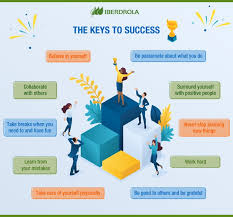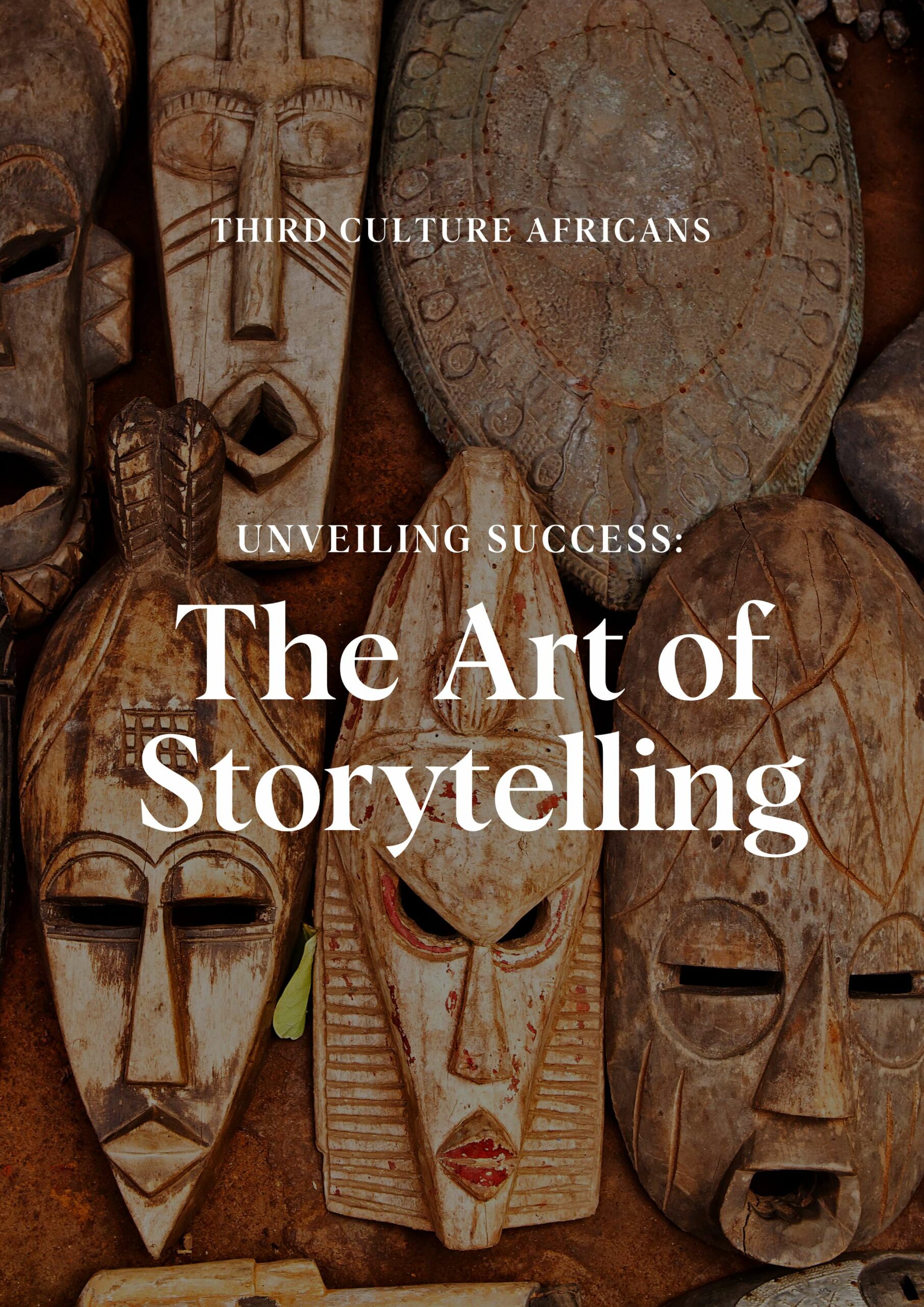In the pursuit of personal growth and self-improvement, individuals increasingly turn to structured strategies that can enhance their skills and overall well-being. The field of personal development encompasses a wide array of techniques, ranging from mindfulness practices to goal-setting frameworks, each designed to foster greater self-awareness and facilitate personal transformation.
This article presents a comprehensive review of empirical research surrounding various personal development strategies, highlighting their effectiveness and applicability in diverse contexts.
By synthesizing findings from psychological studies, educational assessments, and real-world applications, the review seeks to elucidate the mechanisms through which these strategies operate, as well as the outcomes they produce.
Furthermore, it addresses the nuances of individual differences that may influence the success of specific approaches, underscoring the importance of tailored interventions in personal development.
As the demand for evidence-based practices continues to rise, this examination aims to provide practitioners, educators, and individuals with a deeper understanding of which strategies are backed by research and how they can be effectively implemented to achieve lasting personal growth.
Through this exploration, the article endeavors to contribute to the growing body of knowledge in the field, offering insights that can guide future research and practice in personal development.
Importance of Personal Development Strategies
The implementation of effective personal development strategies plays a crucial role in fostering individual growth and enhancing overall well-being. By engaging in structured approaches to self-improvement, individuals can cultivate essential skills, deepen their self-awareness, and clarify personal values and goals.
This process not only contributes to enhanced emotional intelligence and resilience but also equips individuals with the tools necessary to navigate challenges and adapt to changing environments. As individuals commit to ongoing personal development, they increasingly recognize the interconnections between their personal and professional lives, leading to a more holistic and fulfilling existence.
Furthermore, the integration of personal development strategies into daily practice can yield significant benefits in various domains of life, including career advancement and interpersonal relationships. By setting specific, measurable, achievable, relevant, and time-bound (SMART) goals, individuals are better positioned to track their progress and celebrate milestones.
This intentional focus on personal growth often results in increased motivation, productivity, and satisfaction, which can create a positive feedback loop that reinforces continued development. Therefore, nurturing a commitment to personal growth not only serves the individual but also enhances the broader social and organizational contexts in which they engage.
The incorporation of mindfulness practices has been shown to facilitate significant enhancements in various aspects of personal development by fostering greater self-awareness and emotional regulation.
Evidence-Based Approaches to Self-Improvement
Through setting Specific, measurable, achieveable, relevant, and time-bound (SMART) goals, individuals can create actionable plans that align with their aspirations. Research indicates that such structured goal-setting enhances motivation and accountability, fostering a greater likelihood of achieving desired outcomes.
Additionally, incorporating feedback mechanisms—whether through self-assessment or external evaluations—enables individuals to reflect on their progress and make informed adjustments to their strategies.
Moreover, the utilization of evidence-based methodologies, such as cognitive-behavioral techniques, can facilitate meaningful change by addressing underlying thought patterns and behaviors that hinder growth.
Empirical studies highlight the effectiveness of these approaches in enhancing self-regulation and promoting adaptive coping strategies, thereby contributing to sustained personal development. By grounding their self-improvement efforts in scientifically validated practices, individuals can optimize their potential and foster resilience in the face of adversity.
Role of Goal Setting in Growth
Goal setting serves as a critical component in the trajectory of personal and professional growth, providing individuals with a clear direction and purpose. By articulating specific, measurable objectives, individuals can break down their ambitions into manageable tasks, thereby reducing the overwhelming nature of large aspirations.
This process not only enhances clarity but also bolsters intrinsic motivation, as individuals are able to visualize success through incremental achievements. Furthermore, the practice of setting and revising goals fosters resilience, as it encourages individuals to confront setbacks as opportunities for learning and adaptation rather than as insurmountable obstacles.
Research supports the assertion that goal-setting significantly influences individual performance and commitment. Individuals who engage in goal-setting tend to exhibit higher levels of persistence and effort, ultimately leading to improved outcomes.
Additionally, the alignment of personal values with established goals can amplify an individual’s sense of purpose, driving a deeper commitment to their developmental journey. Collectively, these findings underscore the importance of goal-setting as not merely a technique for enhancing productivity but as an essential mechanism for facilitating sustained growth and self-improvement.

Download our free Goal Planner
Impact of Mindfulness on Development
The incorporation of mindfulness practices has been shown to facilitate significant enhancements in various aspects of personal development by fostering greater self-awareness and emotional regulation. Mindfulness encourages individuals to engage with their thoughts and feelings in the present moment without judgment, which can lead to a deeper understanding of one’s motivations and behaviors.
This heightened awareness not only aids in identifying personal strengths and weaknesses but also enhances the capacity for critical self-reflection, allowing individuals to make informed decisions about their development pathways.
Additionally, the practice of mindfulness has been linked to improved stress management and resilience, which are essential for navigating the challenges of personal growth. By cultivating a non-reactive stance toward difficult emotions and situations, individuals can maintain focus and composure, thereby enhancing their ability to persist in the face of adversity.
As a result, mindfulness not only contributes to emotional well-being but also serves as a catalyst for setting and achieving meaningful goals, ultimately promoting a more holistic approach to personal development.
Social Support's Influence on Progress
The presence of social support plays a crucial role in influencing individual progress on personal development journeys. Research indicates that supportive interpersonal relationships provide emotional, informational, and instrumental resources that individuals can draw upon, significantly impacting their motivation and persistence.
When individuals perceive that they have a solid support network, they are more likely to engage in risk-taking and goal-oriented behaviors, as the reassurance from peers, family, or mentors mitigates feelings of anxiety and self-doubt. This environment of encouragement fosters resilience, enabling individuals to recover from setbacks more effectively and maintain their commitment to growth.
Moreover, social support enhances accountability, as individuals who share their goals with supportive networks are often more inclined to follow through on their commitments. The encouragement and validation received from social connections can amplify self-efficacy, leading to increased confidence in one’s abilities and the pursuit of challenging objectives.
Thus, the interplay between social support and personal development underscores the importance of fostering meaningful relationships that nurture an individual’s journey, ultimately facilitating a more profound and sustained progress in their personal and professional endeavors.
Long-Term Effects of Continuous Learning
The ongoing engagement in learning activities has profound and enduring effects on cognitive and emotional well-being. Continuous learning facilitates the development of critical thinking and problem-solving skills, equipping individuals with the ability to adapt to complex and ever-changing environments.
Over time, this proactive approach to knowledge acquisition fosters a growth mindset, encouraging individuals to view challenges as opportunities for enhancement rather than obstacles. Consequently, they become more resilient and better equipped to navigate the intricacies of personal and professional landscapes.
Furthermore, the long-term commitment to learning correlates positively with enhanced self-efficacy and life satisfaction. Individuals who invest in their education and skill development often experience a heightened sense of agency and confidence in their abilities, leading to increased motivation and engagement in various aspects of life.
This accumulation of knowledge and skills not only broadens professional opportunities but also enriches personal experiences, contributing to a more fulfilling and enriched existence. The interplay of these factors illustrates the transformative potential of continuous learning, establishing it as a cornerstone of effective personal development.
Resilience as a Key Factor
The capacity to recover from setbacks and adapt to adverse situations is crucial in determining an individual’s overall success and well-being. Resilience not only empowers individuals to confront challenges with a positive outlook but also fosters a proactive attitude toward stress and adversity.
This trait enhances emotional regulation and facilitates the formation of constructive coping mechanisms, enabling individuals to maintain focus on their goals despite external pressures. As resilience develops, it becomes ingrained in an individual’s identity, reinforcing their ability to persist in the face of difficulties, thereby creating a virtuous cycle of personal growth and achievement.
Moreover, resilience is influenced by various factors, including social support systems, cognitive appraisal, and emotional intelligence. Individuals with robust social connections tend to exhibit greater resilience, as these relationships provide emotional backing and practical assistance during tough times.
Additionally, those who engage in reflective practices are better able to reframe negative experiences and extract valuable lessons from them. By cultivating resilience, individuals not only improve their ability to manage challenges but also enhance their overall quality of life, contributing to a more fulfilling and sustainable personal development journey.
Future Research Directions in Personal Development
Emerging trends in the examination of personal development highlight the necessity for a multifaceted approach to understanding individual growth. Future research could benefit from investigating the interplay between technology and personal development, particularly how digital tools and platforms facilitate self-improvement.
As individuals increasingly leverage apps and online communities for personal growth, an empirical exploration into the efficacy and psychological impacts of these resources could yield valuable insights.
Furthermore, attention to the role of cultural and contextual factors in shaping personal development practices is essential, as these influences may significantly affect the effectiveness and relevance of various strategies across diverse populations.
Another promising direction for research involves the integration of interdisciplinary methodologies to explore the connections between personal development and other domains such as health psychology, organizational behavior, and educational psychology. By synthesizing findings from these fields, researchers can uncover holistic frameworks that better address the complexities of personal development.
Additionally, longitudinal studies could provide deeper insights into the long-term effects of personal development strategies, allowing for a more nuanced understanding of how these practices evolve over time and contribute to sustained well-being and achievement.
In conclusion, the examination of empirical research on personal development strategies reveals a multifaceted landscape that underscores the significance of tailored approaches to individual growth.
The findings indicate that strategies such as goal setting, self-reflection, and continuous learning not only enhance personal efficacy but also contribute to overall well-being. Furthermore, the research highlights the importance of contextual factors, suggesting that the effectiveness of these strategies may vary across different demographics and settings.
As scholars and practitioners continue to explore the nuances of personal development, it becomes imperative to integrate evidence-based practices into training and educational programs. Ultimately, a deeper understanding of these strategies can empower individuals to navigate their personal and professional journeys with greater resilience and purpose.



